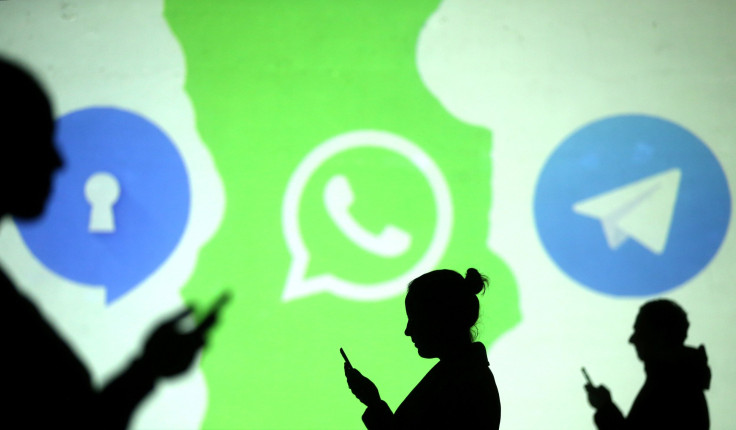Using Messaging Apps, Social Media To Be Taxed In Uganda From July

Users of Facebook, WhatsApp, Viber, Twitter and other social media platforms in Uganda will have to pay a daily tax from July 1. According to a new law passed by the Ugandan government Wednesday, a daily tax will be imposed on users of social media services and messaging apps in the East African country.
The law will impose 200 Ugandan shillings (0.05 USD) daily on users of internet messaging platforms and social media apps. President Yoweri Museveni, in March, recommended the charges stating it is a way to deal with the consequences of online gossips. He, in a letter Finance Minister Matia Kasaija, said the revenue collected by the social media tax would help the country "cope with consequences of olugambo [gossiping]."
Museveni said there would be no tax on the internet data the apps consume and it will be only for people's use of the apps.
Though the law will come into effect on July 1, its implementation is still unclear as the law does not tell how the tax would be applied and collected.
The bill also created various other taxes including 1 percent levy on all mobile money transactions, a popular payment method in rural Uganda. This will affect poorer Ugandans who live far away from banks, civil society groups complain, reported BBC.
"Only five million Ugandans countrywide can access the banking sector leaving the rest to mobile money services," opposition leader, Winnie Kiiza, said in parliament while opposing the move.
The aim of the legislation was to raise revenue for public services, said State Minister for Finance David Bahati. He also told the parliament that an increase in tax was needed to help Uganda pay off its growing national debt.
“We’re looking for money to maintain the security of the country and extend electricity so that you people can enjoy more of social media, more often, more frequently,” Bahati added.
"One of the two biggest challenges that we face in internet governance is access. This tax is locking people out. Members of parliament have lost touch with reality because all they think about is taxing,” Pru Nyamishana, an activist and blogger based in the Ugandan capital of Kampala, told BuzzFeed News.
Social media sites were blocked in the country during the 2016 elections showing the government’s open disdain for social media, Nyamishana said.
“Many Ugandans that I know rely on social media are really feeling the pinch. But we also believe it is a deliberate move to censor Ugandans and cut down on dissenting voices,” she added.
Nyamishana said she recently met a few women salon owners who said they rely heavily on social media to communicate with customers.
BBC's Catherine Byaruhanga said internet service providers and experts have raised doubts about the implementation of the tax.
"The president... said it was to stop young people from gossiping but what's ironic about that statement is that it comes after Bobi Wine became a member of parliament through an online campaign," said journalist and activist Lydia Namubiru, reported News24. "It's actually political speech and online organising which has real life implications for him and his power. The overarching intention is to stifle free speech, especially now there is evidence that online organisation works."
“There are so many other things that we could have taxed. I don’t think social media should be the first thing they target,” Patricia Twasiima, a lawyer based in Kampala, told Buzz Feed News.
© Copyright IBTimes 2024. All rights reserved.





















